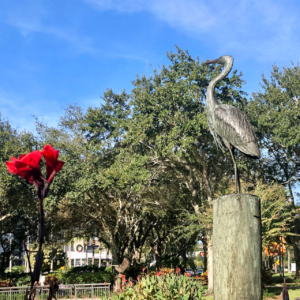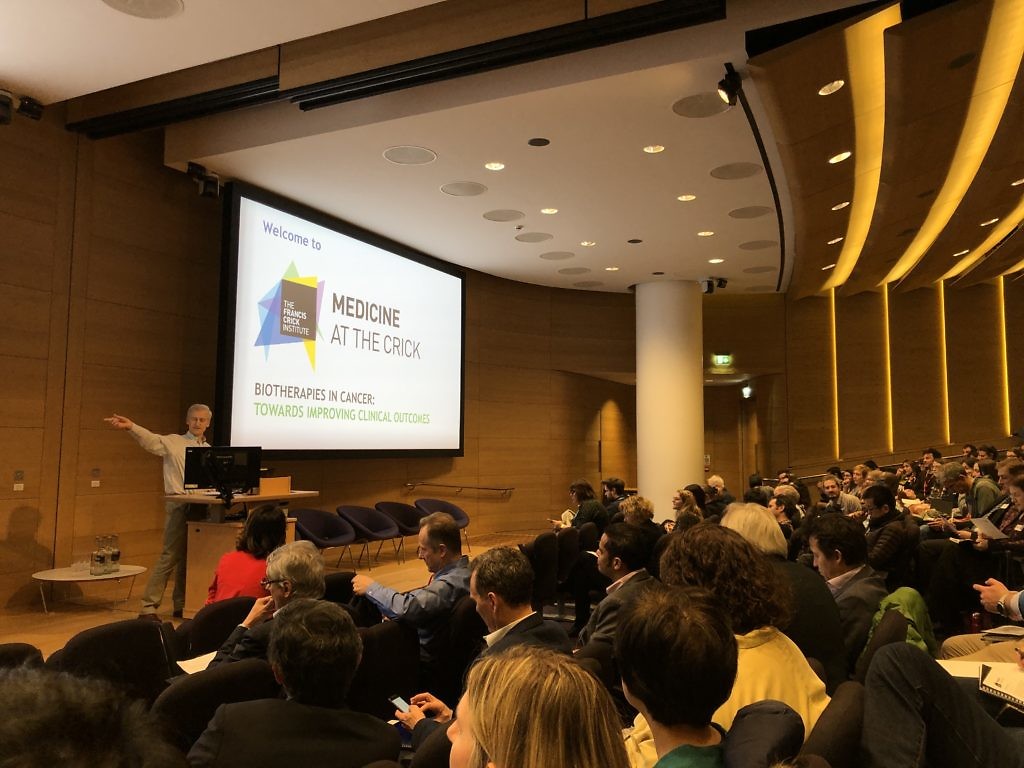Next generation of T and NK cell therapies
Taking a leaf out of Wayne Gretsky’s book, we’re continuing our theme round seeking to be inspired and highlighting another batch of early developments, which may offer promise in the future.
Don’t skate to where the puck is – skate to where it will be.
 Some of the best innovations come about because scientists think deeply about the challenges and issues preventing therapies from working as they should and ignore dogma in their pursuit of innovation.
Some of the best innovations come about because scientists think deeply about the challenges and issues preventing therapies from working as they should and ignore dogma in their pursuit of innovation.
These may not necessarily be the most popular approaches of the day, yet they can yield satisfying rewards down the road. In fact, I’d argue it is often the few who go an entirely different way from the crowd who end up being successful in the long run.
In today’s post we highlight some of these enlightening developments, as well as others following solutions looking more obvious at first glance, yet could stumble down the road…
To continue reading our latest highlights on oncology new product development including commentary and analysis BSB subscribers can log-in or you can click to access the content.
This content is restricted to subscribers

 With over 60,000 registered attendees, the meeting is a success and has set the standard for others to follow this year. While we all miss the opportunity to meet and network in-person, a virtual meeting does democratize access to science for scientists and researchers who can’t afford to travel or attend every year and we hope that live-streaming will continue in 2021 and beyond.
With over 60,000 registered attendees, the meeting is a success and has set the standard for others to follow this year. While we all miss the opportunity to meet and network in-person, a virtual meeting does democratize access to science for scientists and researchers who can’t afford to travel or attend every year and we hope that live-streaming will continue in 2021 and beyond. In our latest expert interview, we depart from the usual focus on one of two particular or narrow topics and indulge in a more wide ranging discussion to explore a variety of issues facing the IO field and look at them from the perspective of a researcher who is experienced in working with antibodies in various forms.
In our latest expert interview, we depart from the usual focus on one of two particular or narrow topics and indulge in a more wide ranging discussion to explore a variety of issues facing the IO field and look at them from the perspective of a researcher who is experienced in working with antibodies in various forms.



 We’ve written extensively about various cellular therapy approaches in hematologic malignancies involving T cells and natural killer (NK) cells over the last few years, but if we are to see significant lasting success in solid tumours then we may need to consider the involvement of other immune cells.
We’ve written extensively about various cellular therapy approaches in hematologic malignancies involving T cells and natural killer (NK) cells over the last few years, but if we are to see significant lasting success in solid tumours then we may need to consider the involvement of other immune cells. If you have an interest in neoantigen based cancer treatments, however, then a company on the horizon that we’re excited about is Achilles Therapeutics.
If you have an interest in neoantigen based cancer treatments, however, then a company on the horizon that we’re excited about is Achilles Therapeutics.